Meet our team: Mary-Anne Quilter
Mary-Anne Quilter CheckUp’s Program Manager – Skin Cancer Early Detection, coordinates the Skin Cancer Early Detection (SCED) outreach service. Focusing on regional towns, the service aims to create fairer access to the professional assessment and treatment of skin cancer.
The SCED service not only facilitates skin cancer clinics across the state but is also facilitating 5 free upskilling workshops in 2024 for GPs living in rural, regional and remote Queensland. Covering essential skin cancer detection skills, workshops will be held in Mackay, Mount Isa, Rockhampton, Roma and Townsville. For more information or to register for a workshop please click here.
Below Mary-Anne shares a little about herself and the crucial role she plays in the CheckUP team.
Tell us a bit about what exciting projects you are currently working on?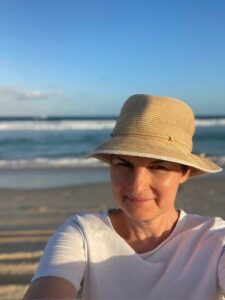
I am currently working on a Skin Cancer Early Detection outreach service, which is being delivered in five Hospital and Health Services (HHS) regions across Queensland. The aim is to provide fairer access to the professional assessment and treatment of skin cancer for those living in rural and remote communities. In partnership with Queensland Health, we are also trying to improve awareness and knowledge of the five sun safe behaviours (slip, slop, slap, slide and seek) and confidence to conduct regular self or partner skin checks.
How long have you worked in the health sector? What were you doing prior to coming to CheckUP?
I have worked in the community services and health sectors for twenty years. This is actually my second time at CheckUP. Previously I managed delivery of the Tucka-Time program in six schools around the state, before moving into health workforce projects including development of the Choose Your Own Health Career website and the Health Gateway to Industry Schools program.
Prior to joining CheckUP, I worked for a mental health support and advocacy organisation, Mental Illness Fellowship Queensland (MIFQ). I have also worked for Anglicare Central Queensland, based in Biloela and the Bathurst Regional Council. In a previous life, I worked in HR for law firms, an investment bank and the Sydney Organising Committee for the Olympic Games.
What does a typical day look like for you?
This has varied largely since I started in this role. Initially, there was mapping of potential service locations, engagement with the HHSs and Primary Healthcare Networks (PHNs), and identifying potential service providers to deliver SCED clinics. During the contracting period, a lot of time was spent preparing costings and negotiating service schedules.
Now that we are halfway through the financial year, my focus now is more upon service monitoring and collating data from provider Outcome Reports as well as reporting in to our funding body and Steering and Advisory Committee meetings. Together with our engagement team, I am also organising a series of SCED upskilling workshops for GPs, which will be delivered in Townsville, Mackay, Rockhampton, Mount Isa and Roma in the coming months.
What aspect of your role do you enjoy the most?
Engagement – with both external and internal stakeholders. I like the personal connections you make and ensuring that everyone is kept in the loop and given the opportunity to provide input into what I’m doing. I also enjoy travelling to meet with stakeholders and see programs in action.
What are 3 words you would use to describe CheckUP?
Dynamic, diverse and adaptive.
Are there any major changes in the health sector or work that CheckUP undertakes that you have noticed since you started working with CheckUP?
Definitely diversification into new areas, such as health workforce. As an organisation, I think CheckUP over the last five years has also proactively sought to strengthen partnerships with longstanding supporters and to form new connections with other organisations. There are increasingly more opportunities to work collaboratively with others on new projects and initiatives.
What activities do you enjoy when you’re not working?
Bushwalking, outback road trips with the family, cooking and reading.
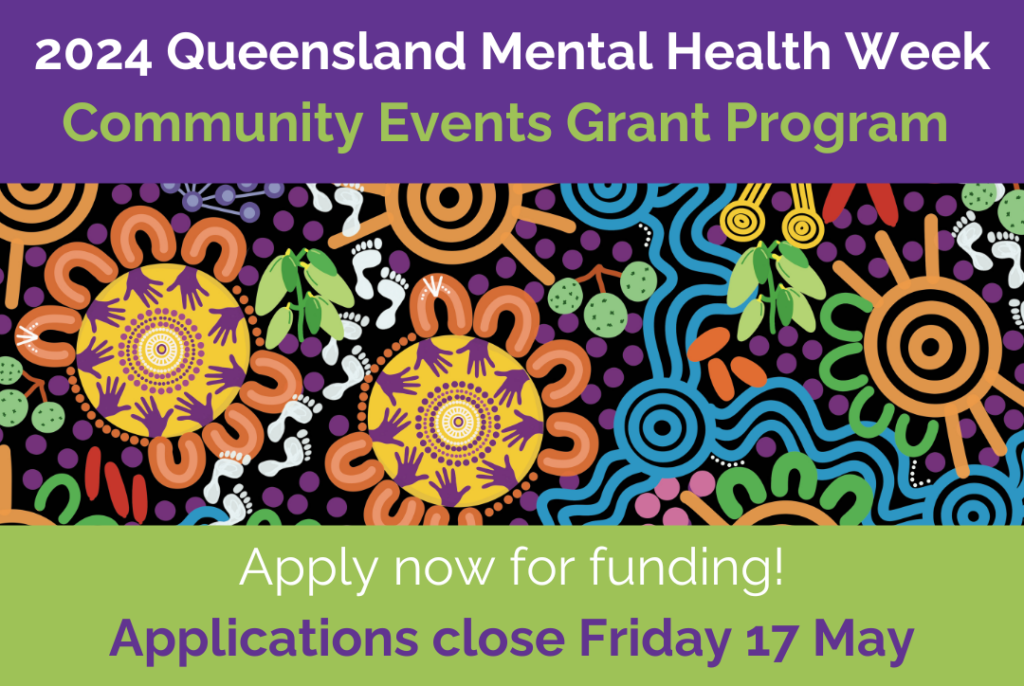
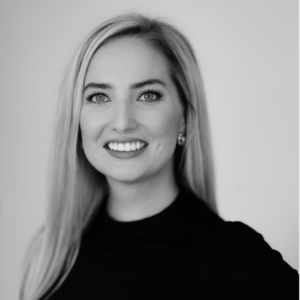

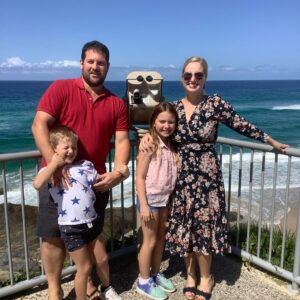



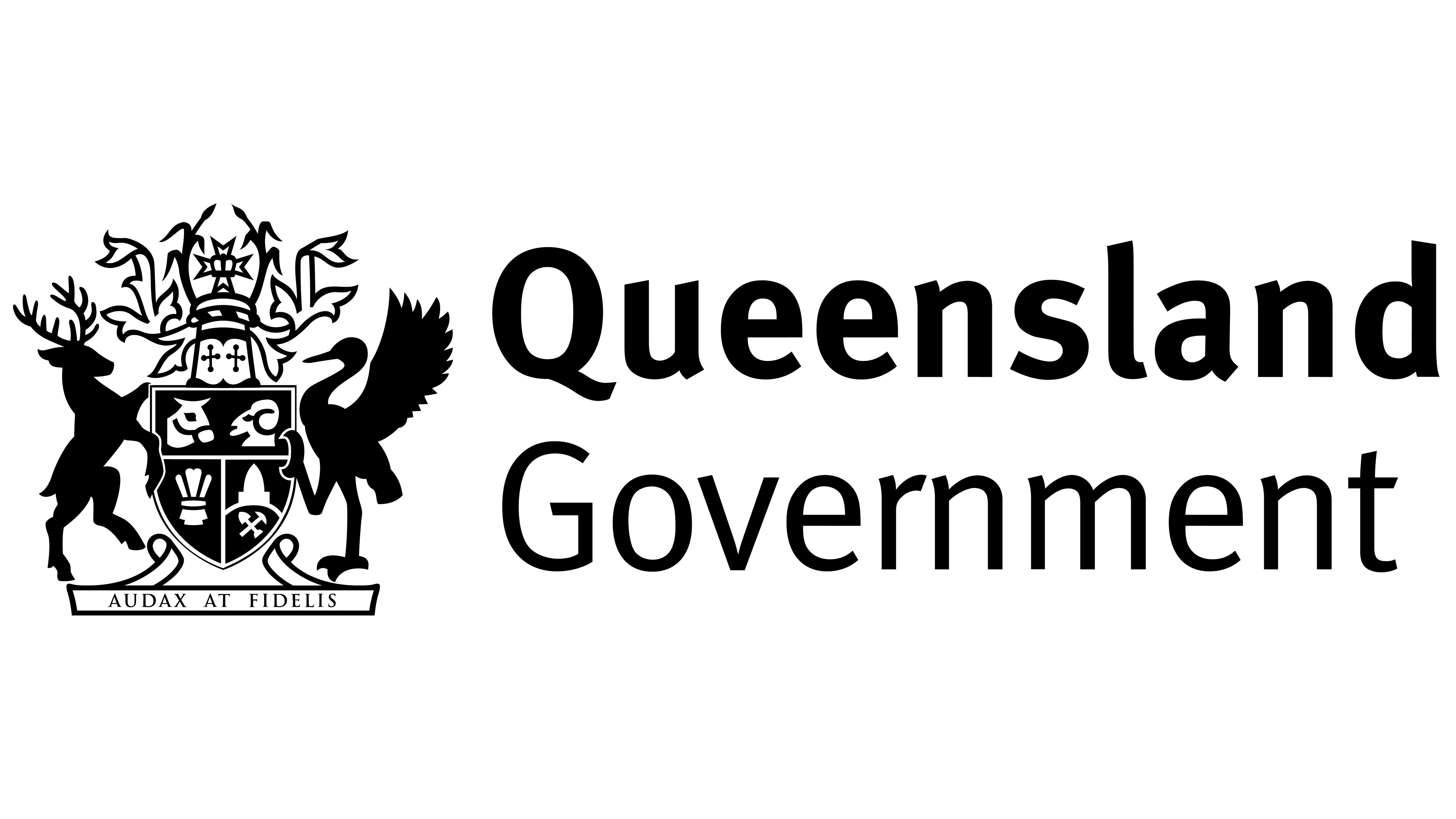
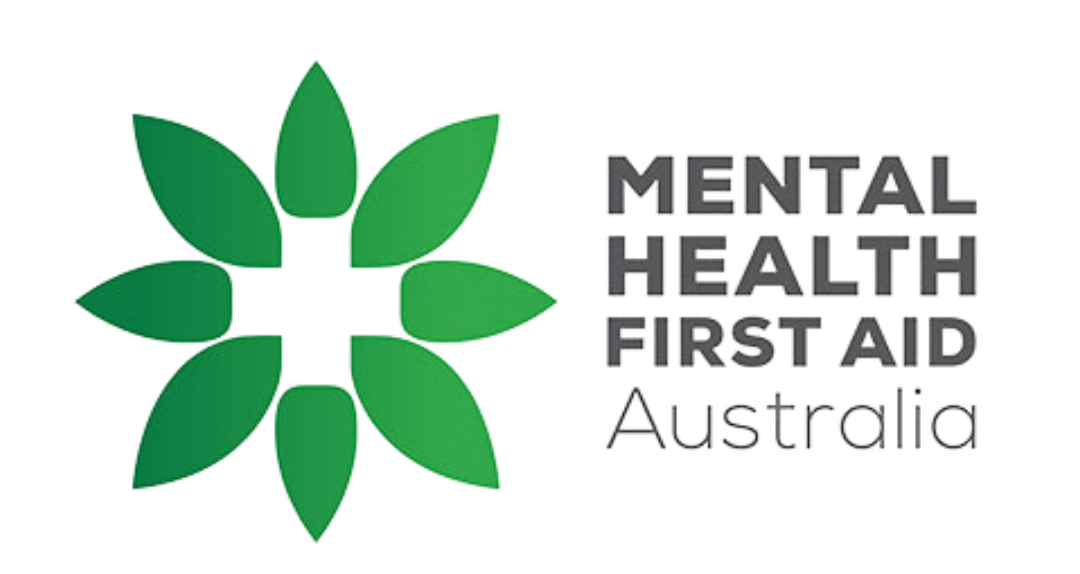
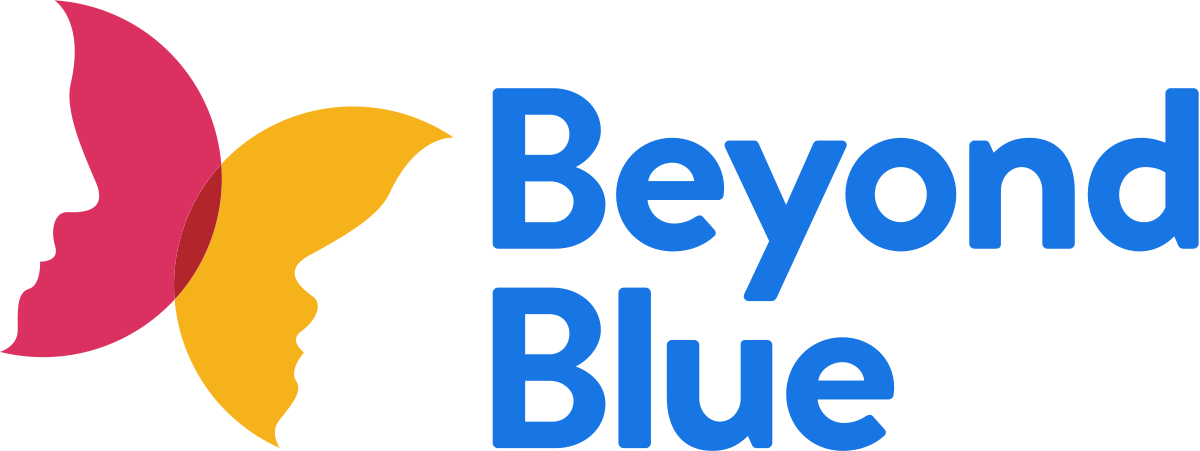
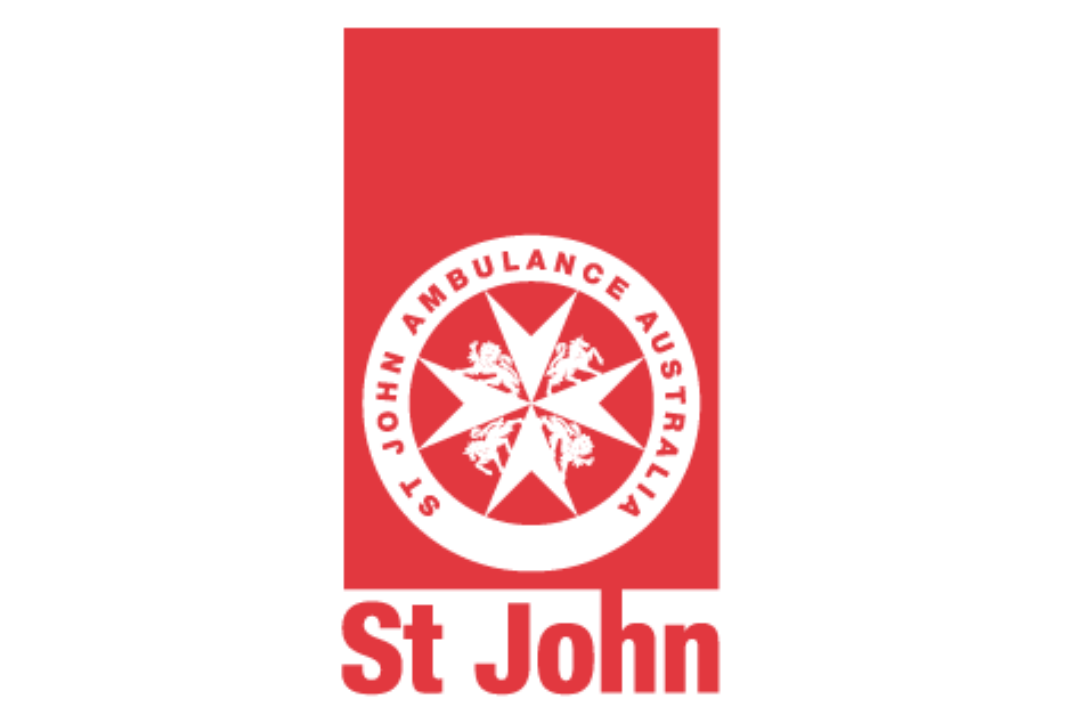
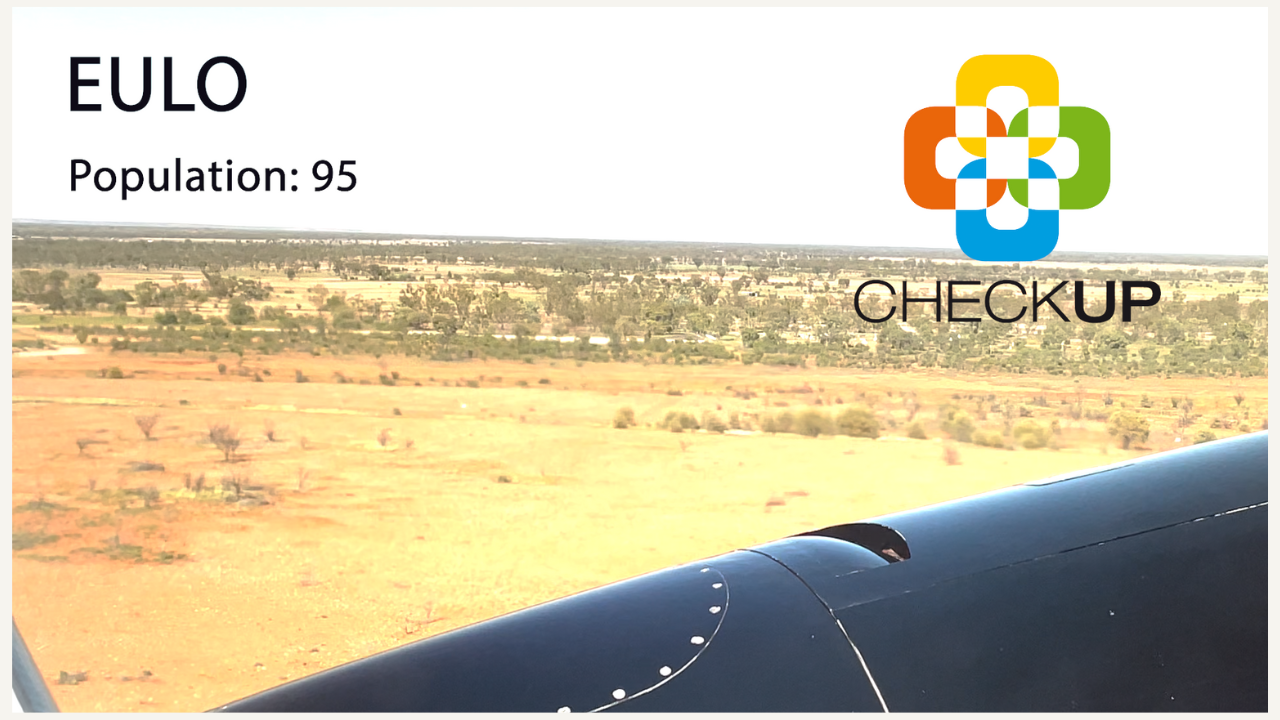
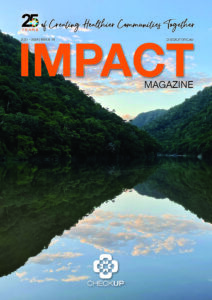 This milestone tenth edition of IMPACT magazine, coincides with CheckUP’s 25th anniversary that took place in 2023.
This milestone tenth edition of IMPACT magazine, coincides with CheckUP’s 25th anniversary that took place in 2023.